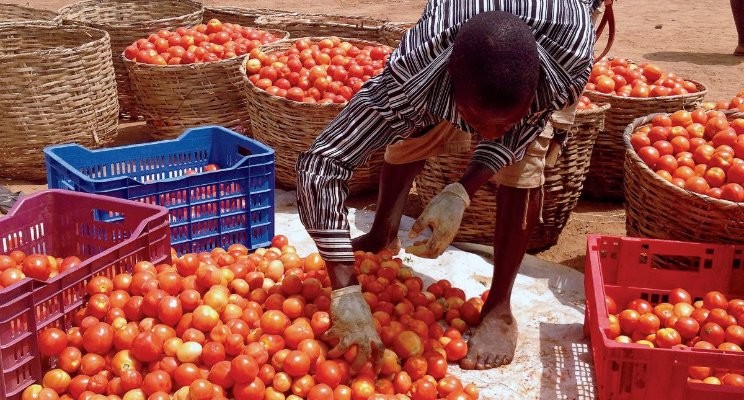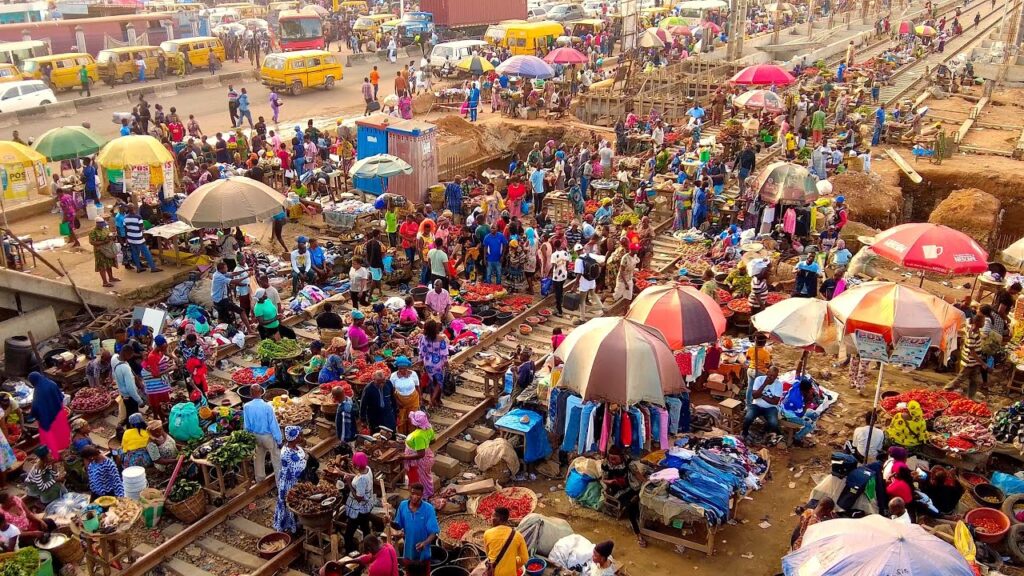Nigeria’s inflation rate climbed to 33.88% in October, marking the second consecutive monthly increase as Africa’s most populous nation grapples with soaring food prices and widespread crop destruction from severe flooding, the National Bureau of Statistics reported Friday.

The inflation surge, up from 32.70% in September, highlights the mounting economic challenges facing President Bola Tinubu’s administration following his controversial decisions to devalue the naira currency and eliminate fuel subsidies in an effort to boost economic growth and strengthen public finances.
Food inflation reached 39.16% year-on-year in October, jumping from 37.77% in September, as prices spiked for essential staples including rice, maize, bread, potatoes, and cooking oil. The crisis has been exacerbated by devastating floods that have destroyed more than 1.5 million hectares of farmland across 29 of Nigeria’s 36 states, leading to widespread hunger and displacement.

While inflation had begun to ease in July as the impact of the naira devaluation faded, subsequent fuel price increases and the agricultural devastation from flooding have reignited price pressures, worsening what has become the nation’s most severe cost-of-living crisis in decades.
The central bank, which has already raised interest rates five times this year in an attempt to control inflation, is scheduled to make its final rate decision for 2023 on November 26, amid growing pressure to address the economic turmoil.
The persistent inflation surge presents a significant challenge to Tinubu’s economic reform agenda, as the government struggles to balance necessary structural changes with mounting public hardship.
REUTERS



